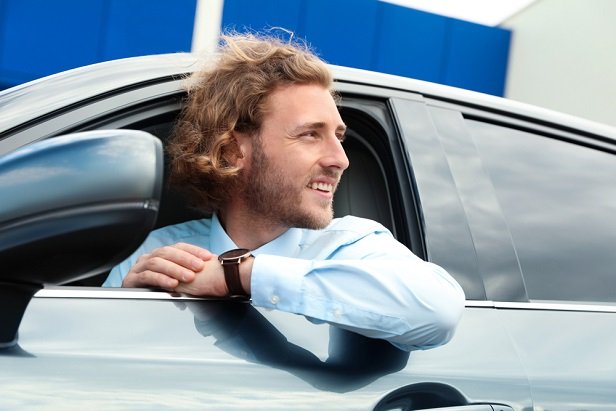 Driving is the safest option compared to air, train or bus travel, particularly if you are traveling alone or with people in your household. (Photo: Shutterstock)
Driving is the safest option compared to air, train or bus travel, particularly if you are traveling alone or with people in your household. (Photo: Shutterstock)
The holiday season is upon us, along with the third wave of COVID-19 infections. Family gatherings may look different this year , with fewer Americans planning to travel, but employers can still expect some employees to see loved ones and travel across state lines to celebrate.
Recommended For You
Want to continue reading?
Become a Free PropertyCasualty360 Digital Reader
Your access to unlimited PropertyCasualty360 content isn’t changing.
Once you are an ALM digital member, you’ll receive:
- Breaking insurance news and analysis, on-site and via our newsletters and custom alerts
- Weekly Insurance Speak podcast featuring exclusive interviews with industry leaders
- Educational webcasts, white papers, and ebooks from industry thought leaders
- Critical converage of the employee benefits and financial advisory markets on our other ALM sites, BenefitsPRO and ThinkAdvisor
Already have an account? Sign In Now
© Touchpoint Markets, All Rights Reserved. Request academic re-use from www.copyright.com. All other uses, submit a request to [email protected]. For more inforrmation visit Asset & Logo Licensing.







